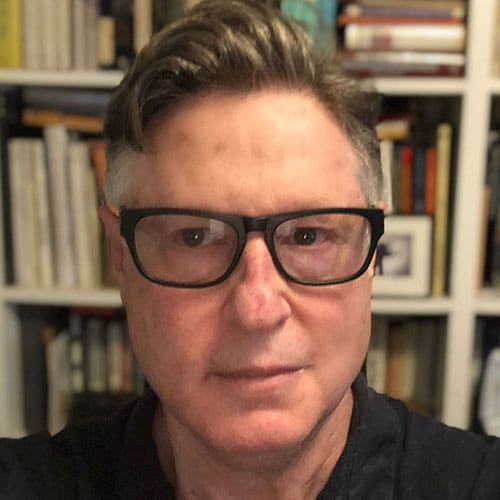Several months after my mother died, I had to clean out her apartment in New York. The apartment had sold, the co-op board had approved the new buyers, the closing was imminent. The apartment had to be delivered empty.
This was the apartment I had grown up in, where my parents had lived, where my father had died more than seven years ago.
My parents were from the Old World, and the apartment reflected that. The rooms were dark, filled with chandeliers, heavy furniture, Louis XV-style gilt-edged pieces, rugs upon dark rugs and gloomy Dutch master-style portraits.
The apartment was filled with “stuff’ — or crapola, as it might have been called in other times. It’s not so much that my mother was a pack rat. My father was more of one — he was attached to papers, speeches he had given, awards he had received — the documentary evidence of his considerable personal and philanthropic accomplishments.
My mother, on the other hand, liked knickknacks (I believe the correct technical term is tchotchkes). Bric-a-brac filled the house, arranged in her idiosyncratic way — one of my favorites was a netsuke of a wizened Japanese man, into whose fists my mother had placed an Israeli flag on a toothpick.
The process took two days: On the first, I went through everything, room by room, picking out those items that I would keep — there were books, one of my dad’s awards, a painting that would have been thrown out and that little netsuke. There was a whole basement bin that had to be gone through, and down there among the unused luggage I found a box of my juvenilia — some paperback Hermann Hesse novels in the Noonday edition and items collected on a summer vacation to England at 15.
As long as I focused on the task at hand, the time went by. Deciding on what was going to the auction house vs. what to charity, tossing out a bag of shoes that no one would take. People came and went: my father’s cousin, his wife, my mom’s friend (and her bookkeeper), a woman who worked at a charity thrift house to which we wanted to donate some items.
The new owner’s engineer came to look at the radiators. His name was Zoltan and said the apartment reminded him of being back in Budapest.
The second day was moving day: The auction house sent movers to pack everything up. I boxed up those items I was keeping. The papers and photos that I couldn’t deal with now but wanted to, at some future date, I boxed as well (they are still in the box). In the end, what I kept amounted to eight boxes, a filled suitcase, a painting. In the end, more than I expected, less than several lifetimes’ worth.
One might have thought that an empty apartment would be less oppressive than a filled one. In my imagination, it was a dark apartment. Now as the late afternoon sunlight filled the rooms, it was larger and brighter and seemed to fill up with ghosts.
As I walked through the apartment one last time, time ran in reverse. This was the room my mother died in, this the room my father died in. I recalled parties in the living room, birthday and holiday dinners in the formal dining room, everyday meals in the kitchen. Here I sat in the afternoons and evenings doing my homework.
As I looked at the rooms, I saw them in all their various configurations and decorations over the years. The mirror was there, the bunk bed fit in there — there used to be bookshelves and a window seat there.
I remembered the first night we moved in, more than 40 years ago, in January 1961. We were waiting in the empty, new apartment for the furniture to arrive. It was already late and the movers hadn’t shown up. It seemed as if they never would. We sat in the window seat, and my mother put my head in her lap and told me to fall asleep there. What dreams awaited us all!
The memories and the ghosts almost overwhelmed me right there and then, but then a shaft of sunlight lit upon my face, and they were gone. It was just an empty apartment that I was standing in.
Like the apartment, my mother’s death left me empty — yet at the same time, I was a shell filled with memories. As I stood at the apartment door, I was the little boy leaving for school, my mother giving me a thumbs-up sign to have a good day. I was the college boy fumbling at the door coming home for vacation. I was a young man bringing his wife, carrying his baby daughter to see her grandmother for the first time. I was a middle-aged man visiting his sick mother, entering the apartment to be at her deathbed.
Now I had to go. The apartment was empty — soon it would belong to someone else. I closed the door for the last time and pressed the button for the elevator. Another life would be built there.
For me, the apartment was now in the past. But the memories I took with me. They would always be present.























 More news and opinions than at a Shabbat dinner, right in your inbox.
More news and opinions than at a Shabbat dinner, right in your inbox.